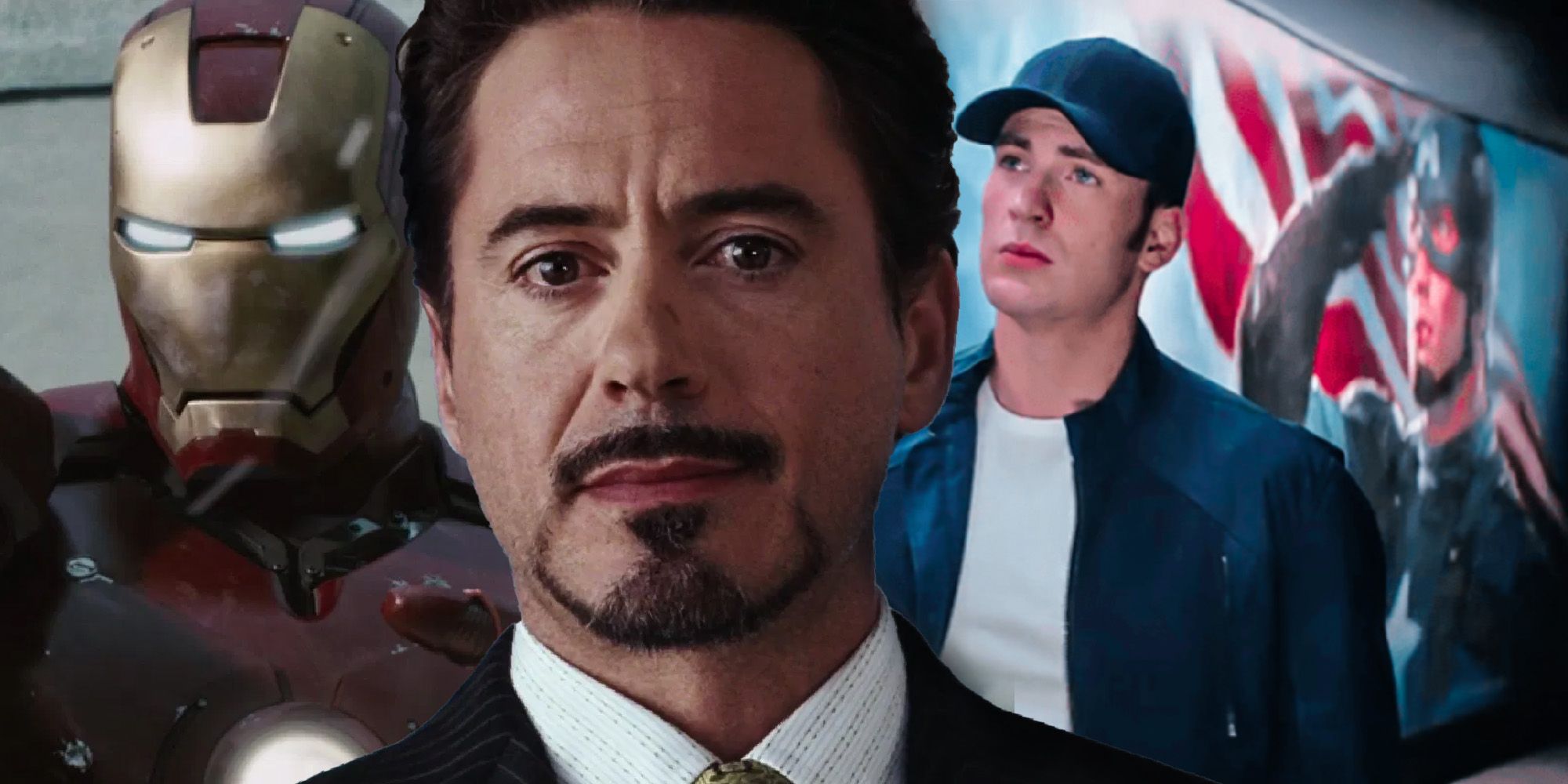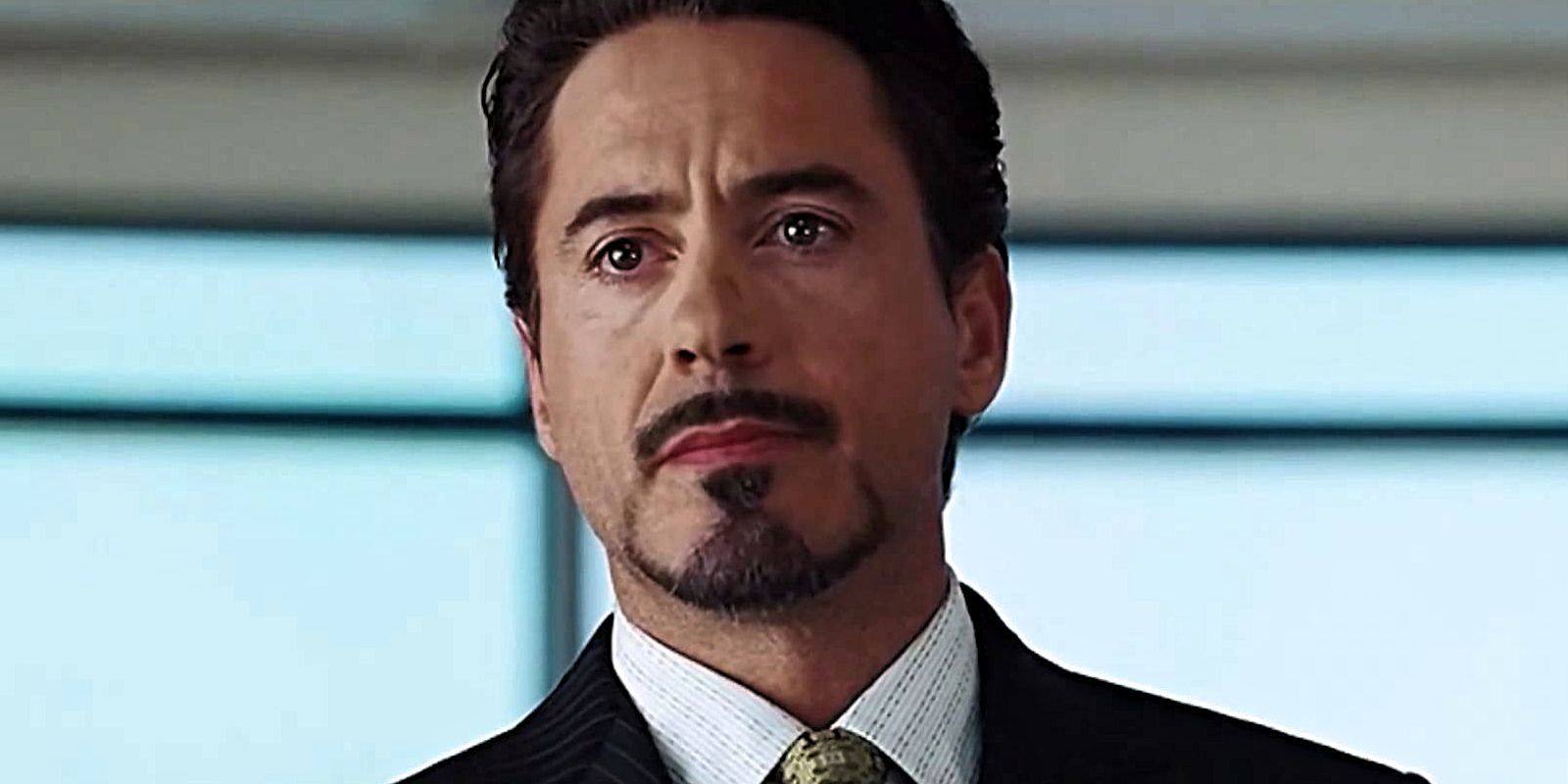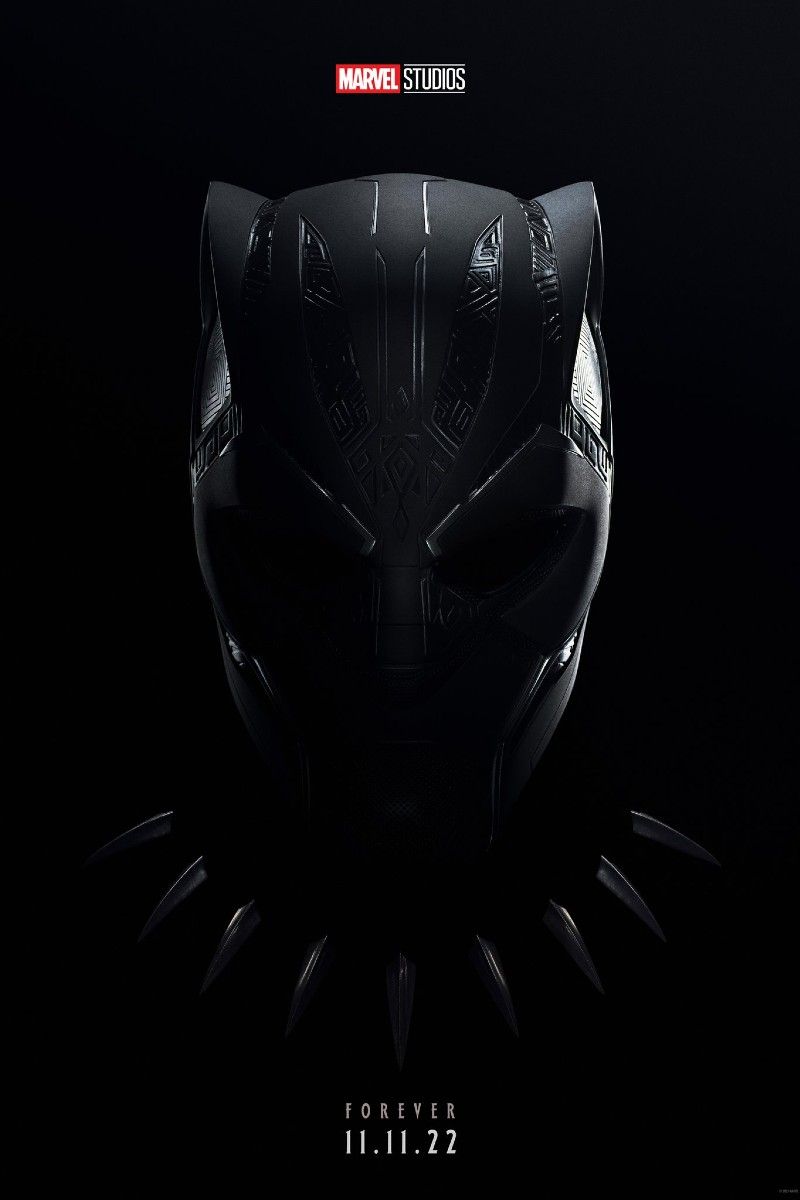Here's why the MCU doesn't really give its heroes secret identities. In 2008, Marvel Studios debuted with an odd project to kick off their franchise — Iron Man. Back then, the genius, billionaire didn't have the brand recognition that he does now, but because most of Marvel's most prominent characters like Spider-Man and the X-Men were sold off to other studios, Kevin Feige and his team decided to begin weaving their interconnected their film series with Tony Stark. The success of Robert Downey Jr. and Jon Favreau's film was an amalgamation of things, mostly due to unconventional creative choices it made — one of which was Tony Stark announcing to the public that he's indeed Iron Man.
This effectively established the idea that MCU wasn't going to make a big deal out of secret superhero identities. Bruce Banner (Edward Norton) was outed as the Hulk in The Incredible Hulk; Thor (Chris Hemsworth) didn't adapt his Don Blake persona when he came to Earth, and Steve Rogers (Chris Evans) was pretty much known as Captain America. Since then, the MCU mostly chose not to tackle the traditional comic book trope on a big scale until Spider-Man (Tom Holland) came along. While the mid-credits scene of Spider-Man: Far From Home effectively puts this issue at the center of Peter Parker's story, the young hero wasn't really keen on keeping his alter-ego hidden, particularly when he's around other MCU heroes.
Now, more than a decade and 23 films later, Marvel Studios remains indifferent to secret superhero identities, and so far, it's been going well for them. It hasn't held them back in terms of adapting comic book narratives that put a focus on the matter. Case in point: Civil War. which tackled the Superhero Registration Act mandating all heroes to reveal their alter-egos for better accountability. Directors Joe and Anthony Russo were still able to take on the storyline through 2016's Captain America: Civil War, but they replaced the Superhero Registration Act with the Sokovia Accords. But what was the real reason behind this creative decision.
It all goes back to 2008's Iron Man and Downey's penchant for improvisation. The film's franchise-changing moment where Stark blurts out that he is Iron Man wasn't in the script and was something that the actor randomly said during a take. The feedback from fans was so positive that it motivated them to forego the MCU's superhero identity problem in future films. In a 2013 interview with Bleeding Cool, Feige provided a proper explanation about MCU's lack of focus on superhero identities saying: “I thought that had been overplayed for a long time, which is why we had Tony Stark out himself at the end of his first movie. We were sort of announcing to the audience that we’re not going to play that game.”
In hindsight, not putting stock in superhero identities proved to be beneficial for the MCU. It effectively differentiated them from other superhero franchises that came before and after them. As Feige noted, the issue had been a tired trope, and opting out of tackling it allowed them to be more creative in terms of coming up with personal conflicts for their heroes. This offered fans variety which is necessary for sustainability, especially since the universe is not showing signs of slowing down with Phase 4 already laid out and only waiting to be kicked off.








